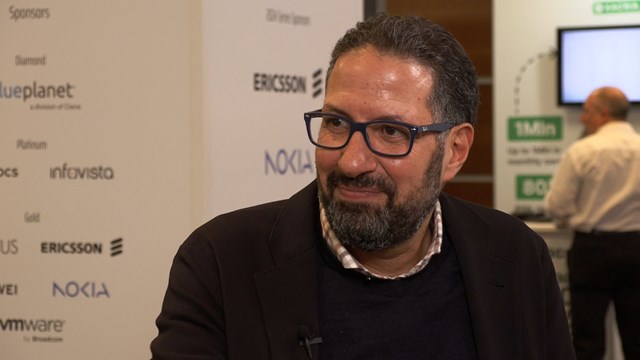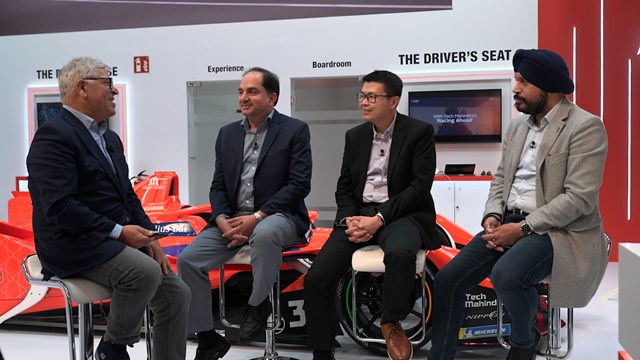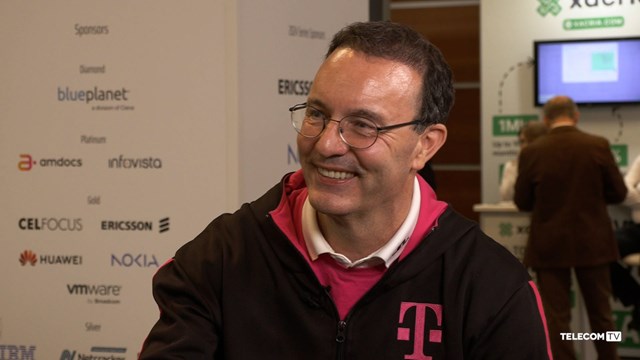Nippon Telegraph and Telephone Corporation (Head office, Chiyoda-ku, Tokyo, Japan; Jun Sawada, President & CEO; hereinafter referred to as “NTT”) has established the “Digital Twin Computing Initiative” as an innovation platform for digital transformation to meet the demands of the coming era for rapid, dynamic transformations of human societies and economies and realize smart societies.
Digital Twin Computing aims to transcend the limits of conventional ICT technology by creating diversified cyberspace easily from highly precise digital information reflecting real-world objects such as things, humans and societies, to achieve not only extremely advanced and profound communications, but also achieve large-scale, high-accuracy predictions and simulations of the future. Thus, this initiative also aims to help to solve various social problems around the world, help to create innovative new services and accelerate the creation of smart societies. The Digital Twin Computing Initiative is part of the Innovative Optical and Wireless Network (IOWN) initiative promoted by NTT.
NTT has continued to contribute to the achievement of the modern digital society through its ubiquitous provision of high-speed, broadband communications networks and safe, secure information systems. Meanwhile, digitalization for humans from telephony through to email and social media, and for things from maps through to digital appliances and self-driving cars has dramatically advanced. In future, more advanced digital societies will emerge and more closely unify the real world of things, humans and societies and their high-precision digital information counterparts in cyberspace.
These will be the highly-digitalized next-generation societies in which further expansion of human knowledge and emotional expression through large-scale, high-accuracy predictions will be enabled by high-precision digital information in cyberspace seamlessly linked to the real world. Furthermore, these societies will be capable of more advanced and more social communications (e.g. consensus building and decision-making) than the conventional, familiar communications (e.g. knowledge sharing and human collaboration).
To clear a path for this future society, NTT has established the “Digital Twin Computing Initiative” as a new information and communication initiative to undertake with its future partners.
“Digital twins” have been mainly gaining attention in such fields as manufacturing. A digital twin is digital information that accurately represents features (e.g. shapes, conditions and manufacturing processes) of things such as machine parts. Digital information about humans such as images obtained from medical appliances (e.g. MRI or CT scans) can also be thought of as digital twins.
In contrast, our proposed “Digital Twin Computing (DTC)” is a computing paradigm which expands on the above conventional digital twin concept by enabling humans and things in the real world to be recreated and interact without restrictions in cyberspace with "digital twin operations” – computations to exchange, converge, replicate and synthesize multiple digital twins.
While conventional digital twins have been mainly used for digital observation or control of physical objects, DTC aims to expand the scope of such digitalization from things to humans and enhance communications among humans and things in cyberspace.
Email Newsletters
Sign up to receive TelecomTV's top news and videos, plus exclusive subscriber-only content direct to your inbox.



